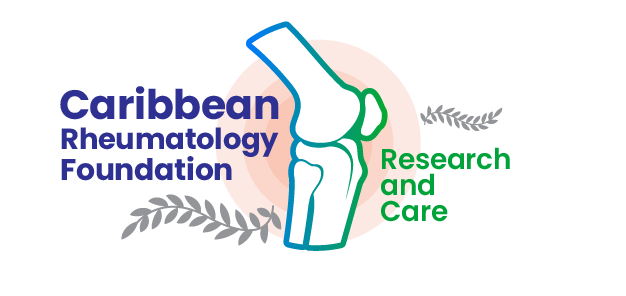How to Prevent Rheumatic Diseases: Tips for
Rheumatic diseases, including rheumatoid arthritis, lupus, and gout, can significantly impact daily life due to chronic pain, inflammation, and reduced mobility. While some rheumatic diseases are influenced by genetics, many factors contributing to these conditions can be managed or mitigated with lifestyle choices and preventive measures. Here’s what you can do to help prevent rheumatic diseases and keep your joints and immune system in top shape.
1. Maintain a Balanced Diet
A healthy, nutrient-rich diet is one of the most effective ways to prevent inflammation and support immune function. A well-balanced diet for joint and immune health includes:
- Anti-inflammatory foods: Fruits, vegetables, whole grains, nuts, and fatty fish (like salmon, mackerel, and sardines) are high in antioxidants and omega-3 fatty acids, which help reduce inflammation.
- Limit processed foods and sugar: Diets high in processed foods, refined sugars, and unhealthy fats can trigger inflammatory responses in the body, increasing the risk of rheumatic diseases.
- Stay hydrated: Proper hydration is crucial for joint health, as it helps keep the cartilage in joints lubricated and aids in flushing toxins from the body.
2. Stay Physically Active
Regular exercise is key to maintaining healthy joints and reducing the risk of rheumatic diseases. Exercise helps strengthen the muscles around your joints, improving flexibility and reducing stiffness. Some joint-friendly forms of exercise include:
- Low-impact cardio: Activities like swimming, walking, or cycling are easy on the joints while helping maintain cardiovascular and joint health.
- Strength training: Building muscle strength helps support and stabilize joints, which can reduce strain and lower the risk of injury.
- Stretching and flexibility exercises: Yoga and Pilates can improve flexibility, balance, and joint range of motion, making it easier to manage joint pain and stiffness.
3. Manage Body Weight
Excess weight puts additional stress on the joints, particularly those in the knees, hips, and spine. Over time, this added strain can lead to joint damage, inflammation, and increased risk of osteoarthritis. By maintaining a healthy weight through diet and exercise, you can reduce the load on your joints and lower the risk of rheumatic conditions.
4. Avoid Smoking and Excessive Alcohol Consumption
Both smoking and excessive alcohol intake have been linked to an increased risk of autoimmune and inflammatory conditions, including rheumatoid arthritis. Smoking can weaken the immune system and increase inflammation, while alcohol can contribute to gout attacks and worsen existing joint pain. Cutting back or quitting can have immediate benefits for your immune health and help prevent rheumatic diseases.
5. Practice Good Posture
Maintaining good posture can reduce stress on your joints and muscles, lowering the risk of developing joint-related pain and stiffness over time. Try to:
- Sit and stand with a straight back and shoulders aligned.
- Avoid slouching, which can increase strain on your neck and spine.
- Take breaks from prolonged sitting or standing to relieve pressure on your joints.
6. Take Precautions Against Joint Injuries
Joint injuries can lead to arthritis or other joint-related issues later in life. Protect your joints by taking these preventive steps:
- Warm up before physical activities to increase blood flow to the joints and muscles.
- Use proper techniques and supportive gear during sports or high-impact activities.
- Listen to your body: Avoid pushing yourself to the point of pain or discomfort, especially if it involves your joints.
7. Manage Stress
Chronic stress can exacerbate inflammation in the body and trigger immune responses that may lead to autoimmune conditions. Finding healthy ways to manage stress is important for preventing rheumatic diseases. Try:
- Mindfulness and meditation: Techniques that promote relaxation and reduce anxiety.
- Deep breathing exercises: Useful for calming the nervous system and reducing stress.
- Regular physical activity: Exercise is a natural stress-reliever that can also boost joint and immune health.
8. Stay Informed and Get Regular Checkups
Early signs of rheumatic diseases can sometimes be subtle, but early intervention can make a big difference in managing and treating them. Regular checkups with your healthcare provider can help catch warning signs early, such as:
- Persistent joint pain, stiffness, or swelling
- Frequent fatigue, fever, or general feelings of unwellness
Your healthcare provider can also suggest personalized prevention strategies based on your family history and risk factors, helping you stay proactive in protecting your joint health.
Conclusion
While some rheumatic diseases have genetic components, many preventive steps can help reduce your risk and promote overall joint and immune health. A healthy lifestyle, regular exercise, and early intervention are essential for preventing or managing rheumatic diseases. Taking care of your joints now can save you from pain and stiffness in the future, allowing you to lead a healthier, more active life.


